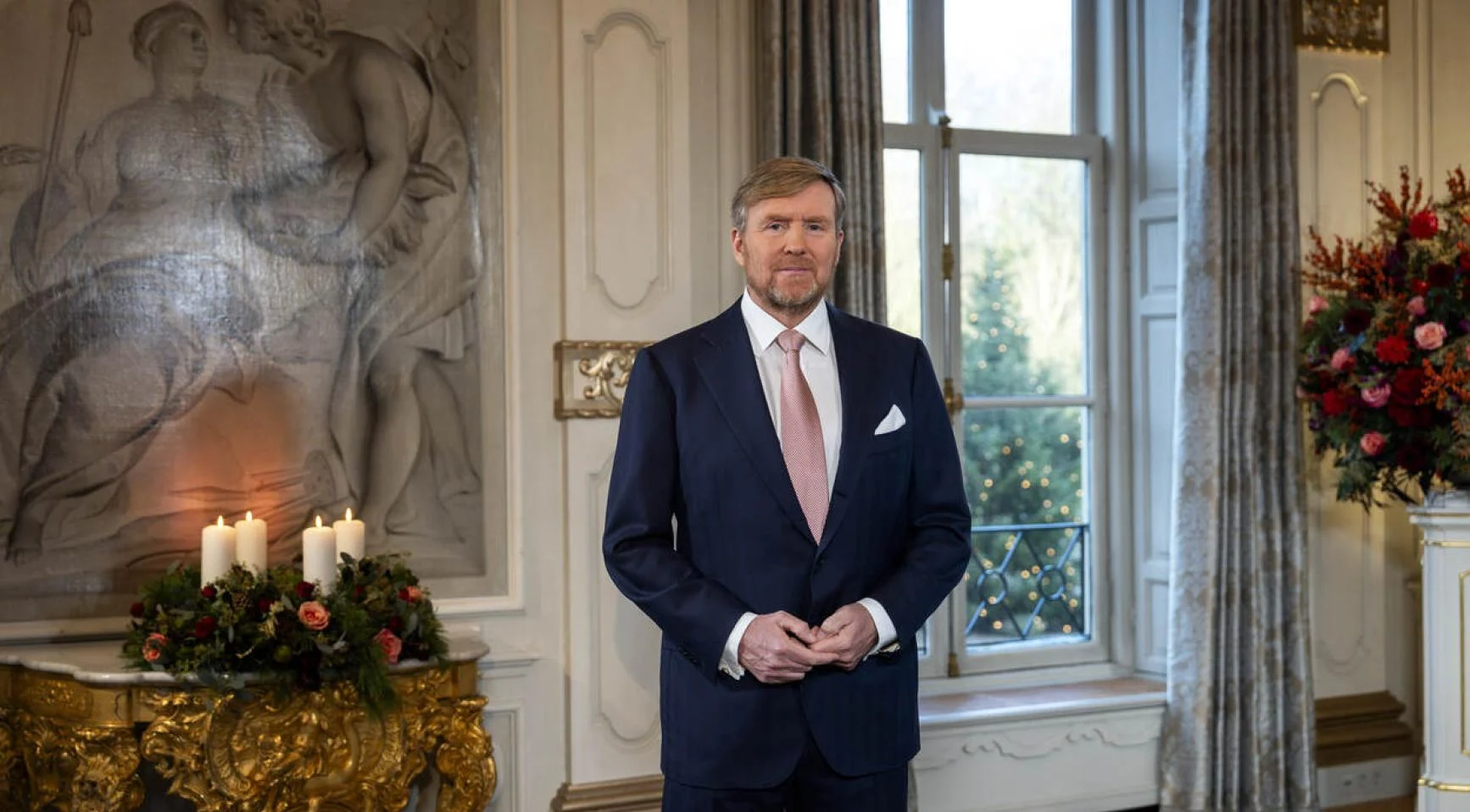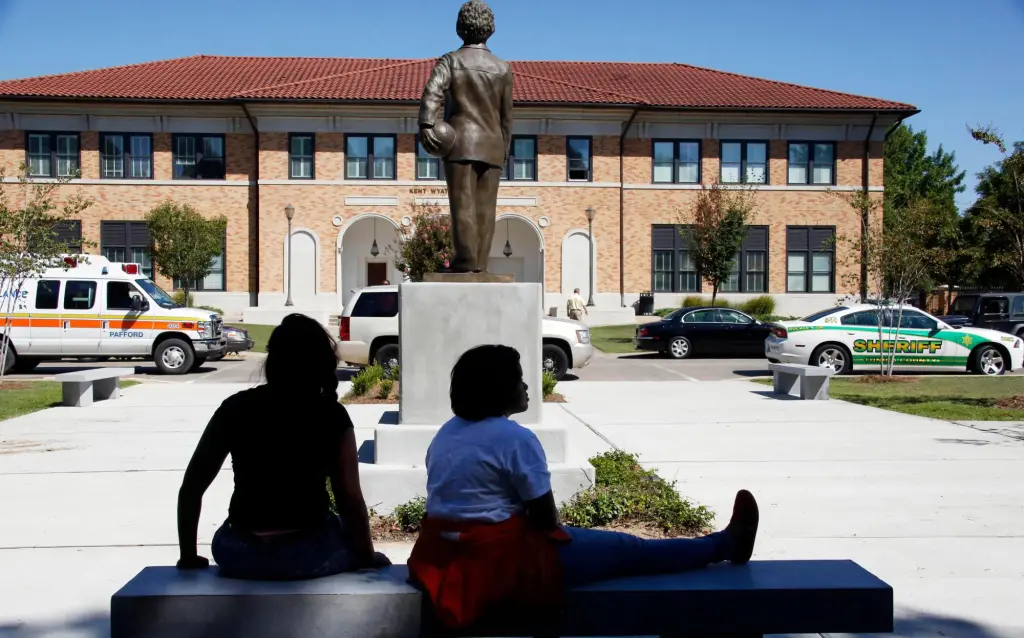By 83192,Nl Times
Copyright nltimes

Members of the States General,
At the start of this parliamentary year, the reach of government policy is limited even more than usual to what is permitted by parliament. Following recent political developments, government business depends on a base of support in the House and the Senate that has seldom been narrower. The government fully realises that in the coming period it will need to consult closely with you to garner sufficient support and achieve further results.
At the same time, we cannot simply press ‘pause’ on people’s day-to-day concerns about work, communities and housing. People want an income that will see them through to the end of the month, a safe and familiar neighbourhood, and a home for themselves and their children. For young people, having your own place to live is a crucial step towards independence. And everyone needs – in concrete terms and close to home – to be able to count on good, accessible healthcare, on a social safety net if life takes an unexpected turn, and on education that provides children first of all with basic skills. These are the issues that are uppermost in people’s minds.
We are also living in a time of major international change. This was all the more apparent in late June, when the eyes of the world were on The Hague. The successful NATO Summit was almost immediately labelled ‘historic’. And indeed, the decision to ramp up defence spending is a mark of the rapid and far-reaching geopolitical developments that are unfolding before our eyes. Eighty years after the liberation of our country, peace and security are once again pressing issues. And in other areas, too, we are faced with major challenges. How do we seize the opportunities presented by the rapid rise of artificial intelligence while at the same time limiting the risks? How do we deal with increasing digital threats? And how do we keep the economy strong and competitive in a world of trade tariffs and changing economic power relations? These are big questions which have no quick and easy answers, but which the government and the States General must take into consideration.
It is therefore important that we remember, amid all the uncertainty, that life can only be understood backwards, but it must be lived forwards, as a well-known maxim goes. This means that politicians and citizens in the here and now must always think and act with an eye to the future, even in the run-up to new national elections.
Against this background, the government aims to build as much as possible on what has been set in motion over the past year. Few issues of government policy have been put on hold following the collapse of the government. Hopefully this provides a basis on which we can keep moving forward together. The government and the States General may have different roles in this regard, but they have a shared responsibility to society.
Unfortunately, people in the Netherlands seem increasingly to be at loggerheads – on the street, online, at our universities, and not least in The Hague. They have entrenched opinions for or against, black or white. As if one person being right automatically makes another wrong, while in reality the situation is almost always far more complex than that. The government understands that it too must display an open, receptive attitude and a willingness to compromise. Debate and differences of opinion are part of a living democracy. But so too is having the willingness to see beyond our differences and the maturity to reach out to each other. It goes without saying that the government must first take up that challenge itself, with the goal of finding solutions for problems and concerns that are felt across society. Working together with you, and with the municipalities, provinces and water authorities.
With that in mind, the government will start by putting all its energies into completing the parliamentary process surrounding the new migration legislation. Getting migration under control is one of the biggest concerns in our country, and it remains as urgent as ever.
Naturally the major ongoing programmes to provide redress for damage or injustice suffered by individuals, which have already taken a painfully long time, must be pursued with the greatest possible vigour. For the people of Groningen, for the victims of the major failings in the childcare benefit system, and for those who were entitled to higher benefits under the Dutch Work and Income (Capacity for Work) Act but did not receive them. Over the longer term, the Netherlands faces the challenge of dramatically reducing the complexity of its rules, to prevent a repeat of such failings.
In the security arena, many initiatives have been launched to make society more resilient to external threats. But the safety of our local communities requires an equally robust approach. We cannot accept that women and girls feel unsafe on the streets, or people who wear a yarmulke or a headscarf. Or that two people of the same sex cannot walk hand in hand. Society at large has a part to play here, but so do politicians and public authorities. In the 2026 budget, money has been set aside to enhance security at train stations, increase the number of shelter places for women who suffer domestic violence, and tackle the issue of femicide.
The new Supplementary Healthcare and Welfare Agreement will improve access to healthcare. And the government will continue working with municipalities to develop the Youth Care Reform Agenda. In addition, the government recently concluded the Framework Agreement on Care for Older People, to improve long-term care both at home and in nursing facilities. All these initiatives will need to be fleshed out in the coming period, to ensure that quality care remains available to everyone in the future.
It is of course vital that we free the Netherlands from the constraints resulting from nitrogen emissions restrictions, so that the permit-issuing process can be resumed. This is urgently needed so that more homes can be built, business investments made and the biggest-ever maintenance operation undertaken on roads, bridges and other infrastructure. This spring, that process was launched with a preliminary package of measures, called Unlocking the Netherlands. The government will now continue elaborating those measures. The guiding principle is that agriculture, nature and industry will be brought into balance and that nitrogen emissions targets will be met, all the while bearing in mind that food security is essential to the future of our country. Not least in times of geopolitical turmoil.
When it comes to spatial planning policy in particular, many issues are interconnected. After all, space is needed for all kinds of activities, such as housing construction, nature conservation and climate change mitigation, as well as defence, the energy transition, traffic and transport, and future-proof agriculture. These policy themes are brought together in the National Spatial Strategy. More centralised coordination is needed in order to properly serve all interests in the limited space available. In the coming period the government will enter into discussions on these issues with you and with the municipalities, provinces and water authorities. Spatial planning policy is a vital tool for unlocking the economic and administrative power of the regions and achieving breakthroughs. To ensure that more homes can be built, the Strategy designates four new locations for large-scale housing construction, as well as many other smaller locations.
The foundation of a future with good public services for all remains a strong economy and a sound government budget. Fortunately, unemployment remains low and poverty levels have continued to fall. It is also positive that all sections of society will have more to spend next year, thanks to considerable wage increases and previous measures to improve purchasing power. In this context it is important that the reduction in fuel duties be extended to next year. And yet, there is also cause for concern. Although the budget deficit will remain within agreed parameters next year, clear choices need to be made in order to keep it that way in the future. What is more, our current rate of economic growth will be too low over time to maintain the level of our public services.
For precisely this reason it is worrying that more and more businesses are taking a pessimistic view of the Dutch investment climate. These concerns extend from small and medium-sized enterprises to large corporations, and they must be heeded. If businesses invest less, or even consider leaving the Netherlands altogether, our earning capacity will ultimately be damaged. Reducing the regulatory burden remains an urgent priority. The government is also continuing preparations for the establishment of a national investment institution, and the semiconductor industry is receiving substantial investment, which will boost the Netherlands’ future earning capacity. The scheme to reduce energy costs for industry will be extended to 2028.
In the Caribbean Netherlands and the countries of Aruba, Curaçao and St Maarten, people’s prosperity and welfare are under pressure. The government is working with the governments and administrative partners there to foster greater financial stability, stronger governance, food security and improved levels of public services. Given the unique character of each island, this requires a customised approach.
The current foreign policy agenda is also broad and diverse in nature, from trade promotion to negotiations on the new EU multiannual budget. But two subjects stand out: Russia’s ongoing war of aggression in Ukraine and the humanitarian catastrophe in Gaza. In both cases, the blood-spilling and horrific loss of human life must be brought to an end as soon as possible. As a member of the international coalition that is supporting Ukraine, the Netherlands will continue its path of unwavering military, diplomatic and political support until a lasting peace for Ukraine is achieved. The government recently decided to station two Dutch air defence units and 300 military personnel in southeastern Poland at the Ukrainian border. With the threat of war now closer than it has been in living memory for most of us, we are more grateful than ever for the dedication of our military personnel and our veterans to the cause of peace and security worldwide, both now and in the past.
With regard to the humanitarian crisis in Gaza, too, the Netherlands can press more effectively for the achievement of a ceasefire when it works in concert with international partners. The government will continue pushing for an end to the violence and decent future prospects for all inhabitants of the region. The primary preference in this regard is a common European approach. Many people in our country feel deeply invested in the future of Israel and the Palestinians, and are gravely concerned about the desperate situation in Gaza. Everyone wants to see an end to the human suffering as soon as possible. The government fervently hopes – and will work to ensure – that people do not grow even more polarised on this issue.
Members of the States General,
On 29 October, hopefully as many members of the Dutch electorate as possible will exercise their democratic right to have their say regarding their own future and that of our country. Elections, after all, are not only a festival of parliamentary democracy, but are also a time when the course of the country is determined. The States General play a major role in that process. It is an honourable endeavour, and on your shoulders rests a weighty responsibility. In discharging your duties, you may feel supported in the knowledge that many are wishing you wisdom and join me in praying for strength and God’s blessing upon you.



